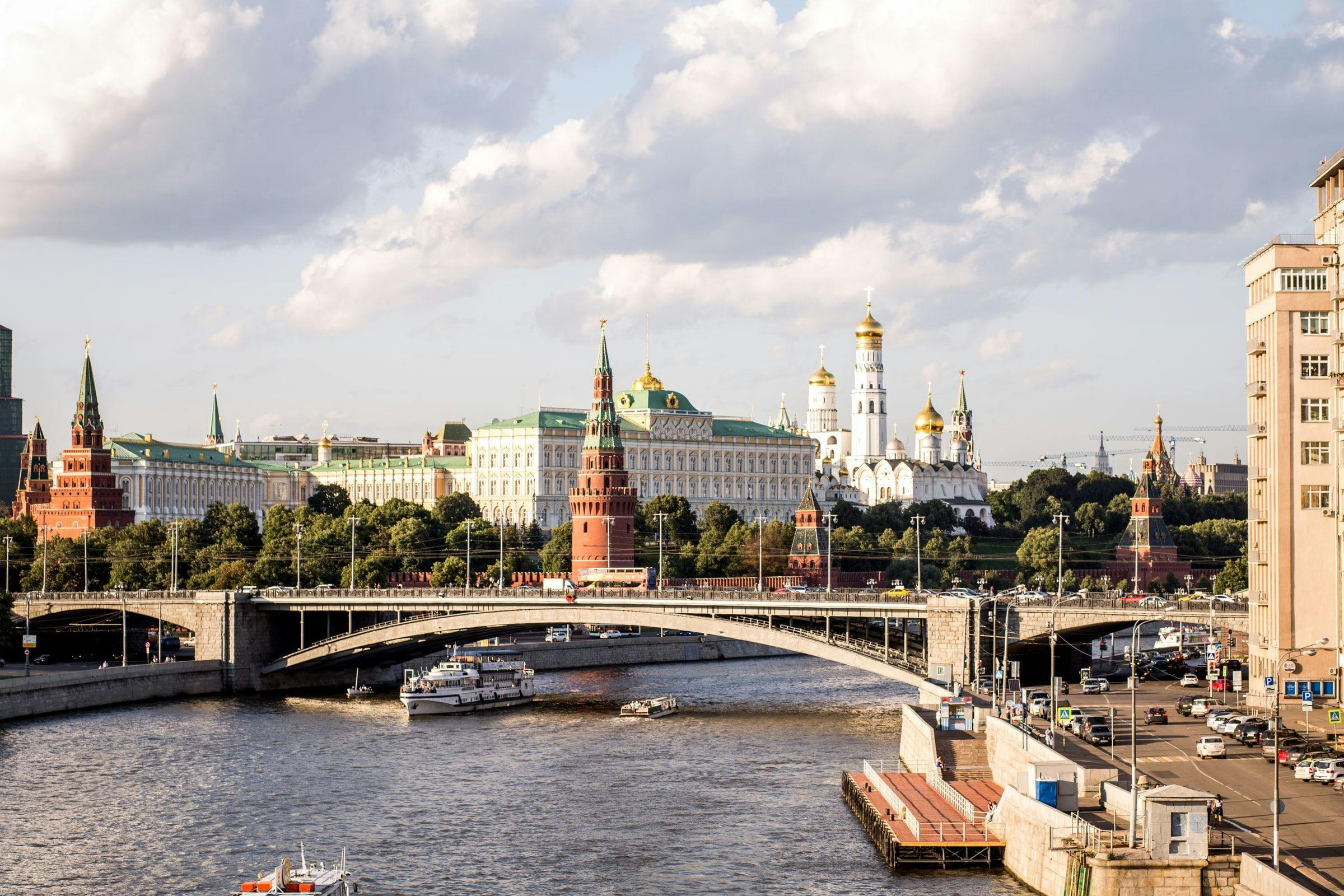188 reads
Russian Nationals Face Uncertainty at U.S Tech Companies Amid Russia-Ukraine War
by
April 12th, 2022
Audio Presented by

Rick Chen is the senior director, head of public relations at Blind. He writes about tech culture and the workplace.
About Author
Rick Chen is the senior director, head of public relations at Blind. He writes about tech culture and the workplace.
